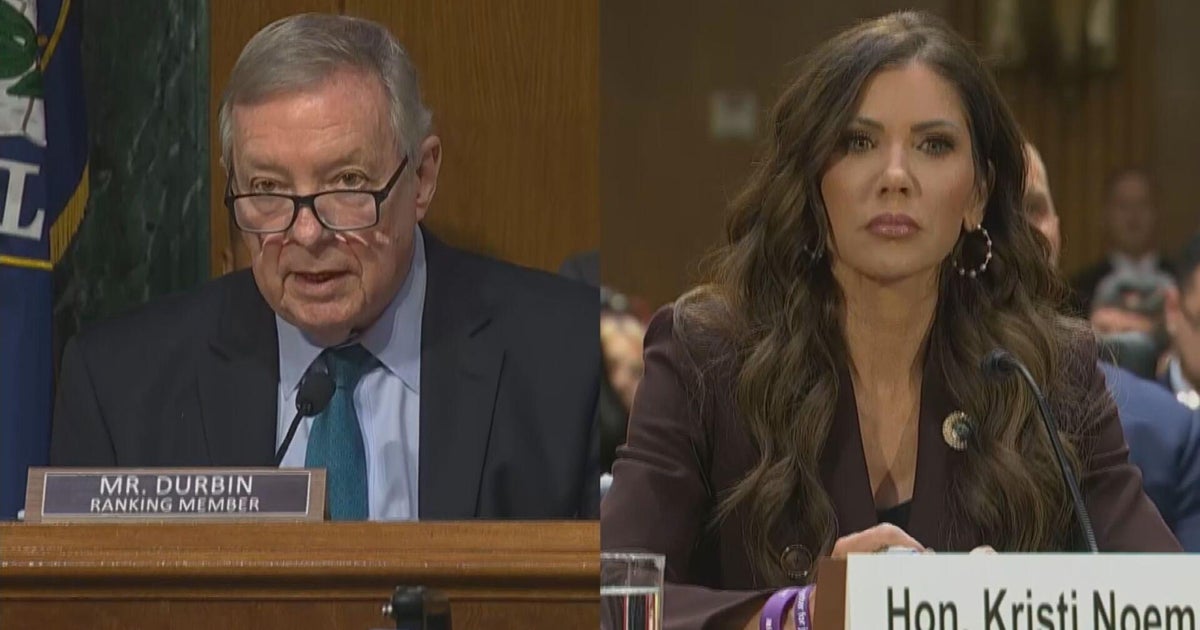Minn. Senate Passes Plan To Sync State Taxes With Federal Overhaul
ST. PAUL, Minn. (AP) — The Minnesota Senate on Thursday passed its plan to sync Minnesota's taxes with the federal government while modestly cutting income tax rates, the final piece of a three-way debate over taxes at the Capitol this year.
Taxes are at the forefront at the Legislature this year. While the federal tax overhaul cut taxes for many across the nation, high-tax states like Minnesota are grappling with avoiding potential tax increases for hundreds of thousands of residents. Split control of Minnesota government, with a Republican Legislature and Democratic Gov. Mark Dayton, has made the logistical challenge a political struggle, too.
The Senate bill would cut tax rates on the first income bracket from 5.35 percent to 5.1 percent, benefiting nearly all taxpayers because it applies to the first $26,000 of income for a single earner. The bill also sought to preserve many popular tax deductions, like on tuition expenses, and would automatically trigger future tax cuts when the state boasts a budget surplus.
It passed on a 34-32 vote, over Democratic objections that it should have benefited middle-class taxpayers more.
"If we do nothing, tax returns and filing for citizens of this state become very difficult," said Republican Sen. Roger Chamberlain, the Senate's Taxes Committee chairman. "There really is no option; we have to get this done."
Earlier this week the House approved its own plan, which called for a similar, modest tax cut on higher earners than the Senate plan while boosting the state's standard deduction by $1,000 for a married couple. But passage in the Legislature was just the first — and easiest — step.
Republican legislative leaders and Dayton have just over two weeks to hash out their markedly different tax plans. The Legislature will adjourn May 21.
Dayton's tax proposal would redirect much of the $400-plus million in additional tax revenues from the federal tax laws to Minnesota middle-class families, giving them a tax credit of $117 or $160, on average.
The Democratic governor signaled some openness to the Senate GOP income tax cut on Thursday, saying it was better than the House bill that would drop taxes for earners in the second income tax bracket.
But he criticized the measure that would trigger future income tax cuts automatically as potentially reckless. And he faulted Republicans in both chambers for waiting until the final weeks of the legislative session to start moving massive policy changes — Senate Republicans didn't roll out their bill until Wednesday.
"They've had three months to put this stuff together," he said, adding that his office is still reviewing the bill.
Department of Revenue Commissioner Cynthia Bauerly singled out several measures Dayton's administration objected to this week, including a move to exempt estates worth up to $5 million from taxes. She told lawmakers that the income tax cut "will help high-income earners as much or more than other Minnesota families."
Senate Democrats repeatedly tried to strip the estate tax exemption and other measures out of the bill, saying that money should be directed to middle-class families instead. A nonpartisan Senate analysis of the bill shows that while more than 99 percent of taxpayers would be shielded from a tax increase, the state's lowest earners would see an average cut of $10 per year while those making more than $150,000 would see their tax bill lowered by $159.
"I just think it's a missed opportunity, and misplaced priorities," Democratic Senate Minority Leader Tom Bakk said.
(© Copyright 2018 The Associated Press. All Rights Reserved. This material may not be published, broadcast, rewritten or redistributed.)







